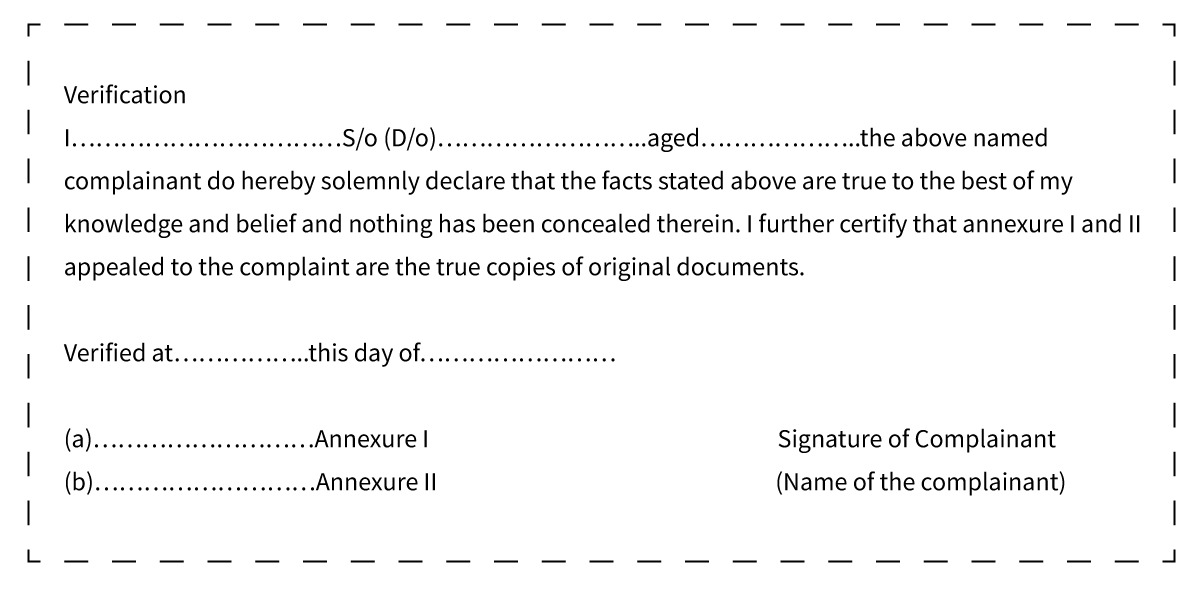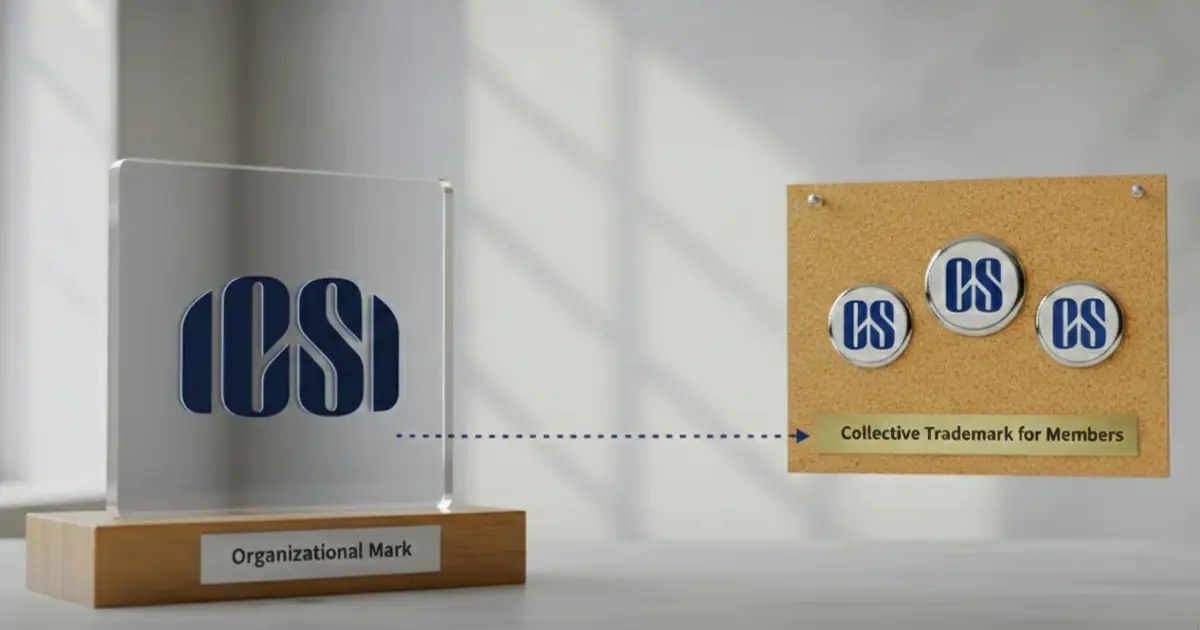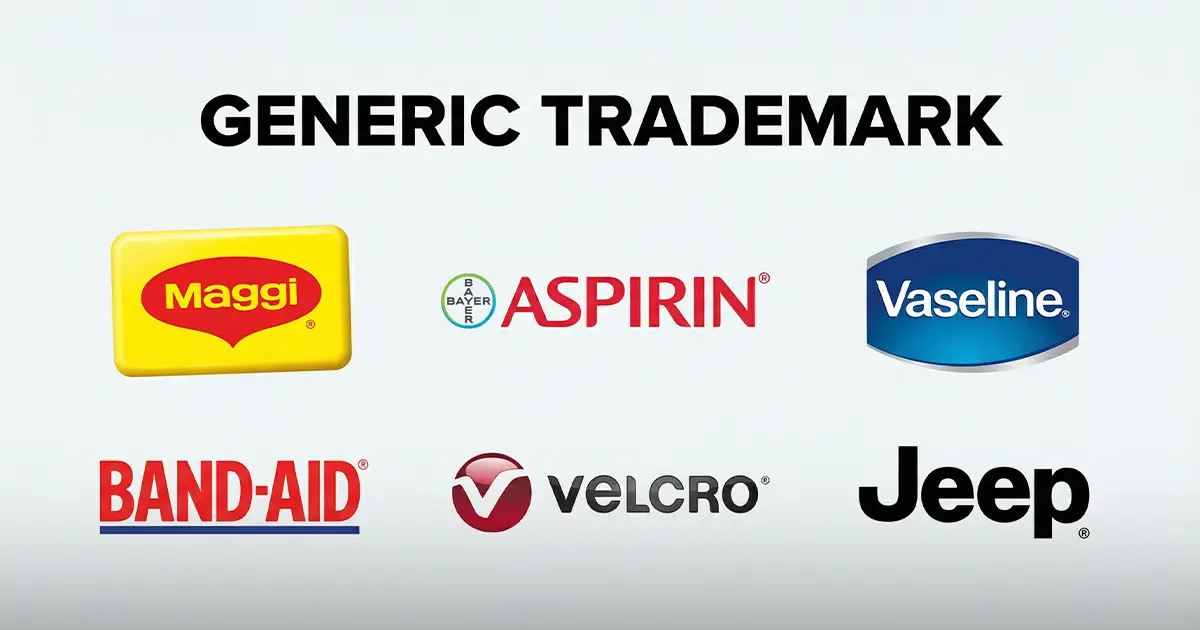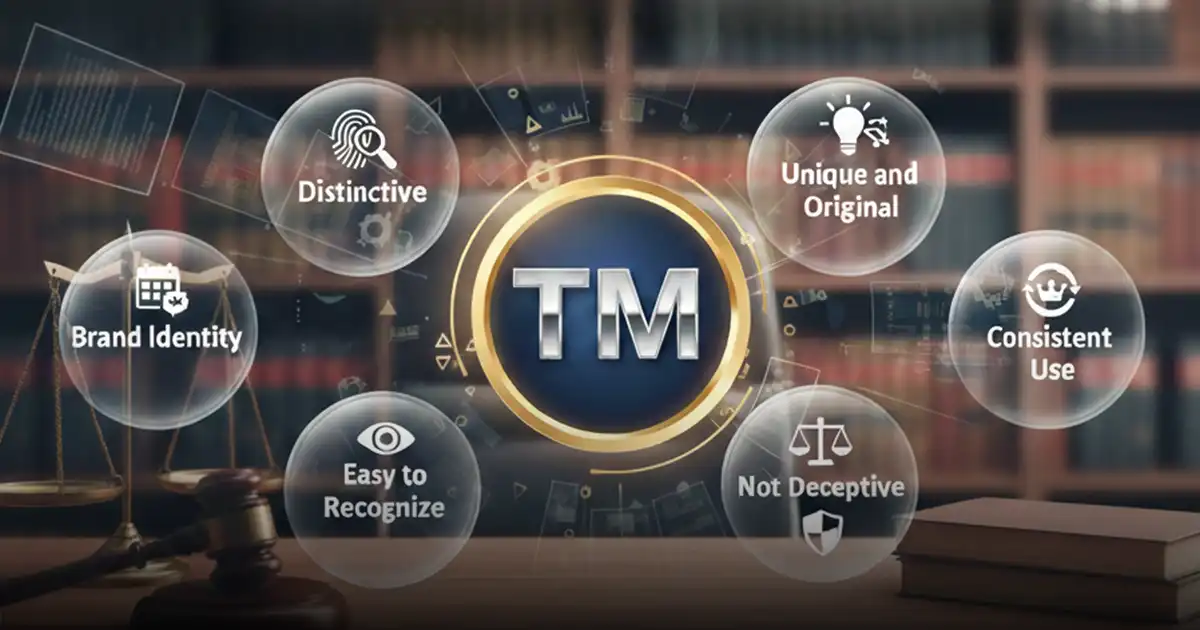A consumer complaint is a formal expression of dissatisfaction by a buyer regarding a product or service they have purchased. It usually involves issues like:
- Defective goods
- Poor service
- Unfair trade practices
- Overcharging
- Delivery delays
Under the Consumer Protection Act, first enacted in 1986 and updated in 2019, anyone who buys something (fully, partly, or on promise to pay) is a "consumer." If you're a consumer, you have the right to complain to the seller, service provider, or even legal authorities to get help, like a refund, replacement, or compensation.
This applies to anything bought in stores, online, on the phone, through telemarketing, or direct selling.
What is a Consumer Court?
A consumer court is a special court in India that deals exclusively with disputes and complaints related to the sale of goods or services. If your new washing machine doesn’t work, or a company overcharges you, or your internet provider never shows up, you can go to the Consumer Court to get help.
It is designed to protect the rights of consumers by providing a legal platform where they can seek redress against unfair trade practices, defective products, poor service, or overcharging. These courts aim to offer a faster and more affordable alternative to traditional civil courts for resolving consumer grievances.
Consumer courts are organized at three levels:
- District Consumer Disputes Redressal Forum (DCDRF) – For claims up to Rs. 50 lakhs-1 Crore
- State Consumer Disputes Redressal Commission (SCDRC) – For claims over Rs. 1 Cr. and Rs. 10 Crores
- National Consumer Disputes Redressal Commission (NCDRC) – For claims above Rs. 10 Crores or appeals against SCDRC decisions.
They function under the Consumer Protection Act, 2019, and are meant to ensure that consumers are not exploited and receive fair treatment in the marketplace.
Valid Grounds for Filing a Complaint
Consumers can file a complaint on various valid grounds:
-
Defective or Faulty Products:
A product is considered defective if it fails to meet specifications, has manufacturing flaws, or does not function as expected. Examples include a mobile phone malfunctioning shortly after purchase or a faulty appliance.
-
Deficiency in Services:
This ground covers situations where services fall short of promised quality or agreed terms. Common examples include delayed deliveries, subpar repair or maintenance work, or failure to provide promised features in services like hotel stays, medical treatments, or legal assistance.
-
Overcharging or Deceptive Pricing:
Consumers can complain about hidden charges, prices that do not match advertisements, or excessive charges beyond the fair market value. The Act empowers consumers to challenge such unfair pricing practices and seek refunds or corrections.
-
False or Misleading Advertisements:
Inaccurate or exaggerated claims in advertisements that mislead consumers into purchasing goods or services under pretenses are actionable. This includes misrepresentation of product features, benefits, performance, or ingredients.
-
Unfair Trade Practices:
These are business activities designed to deceive, manipulate, or exploit consumers. Examples include selling counterfeit or duplicate products as genuine, enforcing unfair contract terms, or employing deceptive "bait-and-switch" strategies.
-
Hazardous Goods or Services:
Consumers have the right to expect that purchased goods and services are safe for use. Complaints can be filed for products or services such as contaminated food, cosmetics leading to skin reactions, or defective electrical appliances posing fire risks.
-
Product Liability:
A claim can be initiated against the product manufacturer, seller, or service provider if a defective product causes harm.
-
Other Grounds:
This includes issues like breach of contract, unfair contracts, or non-delivery of goods or services despite payment.












